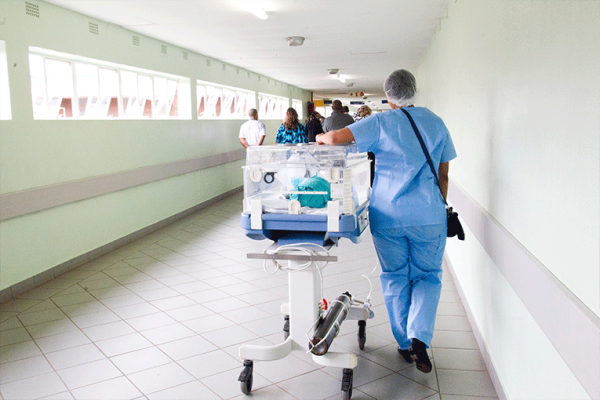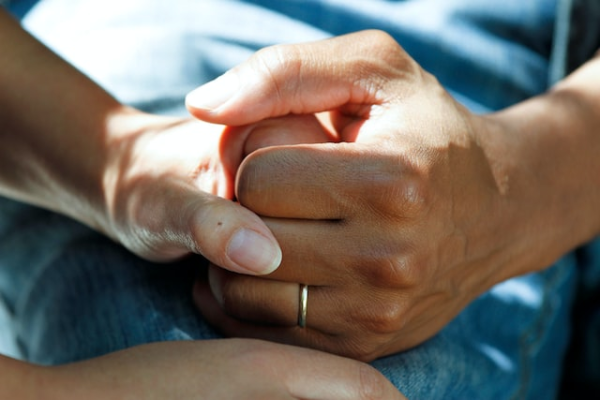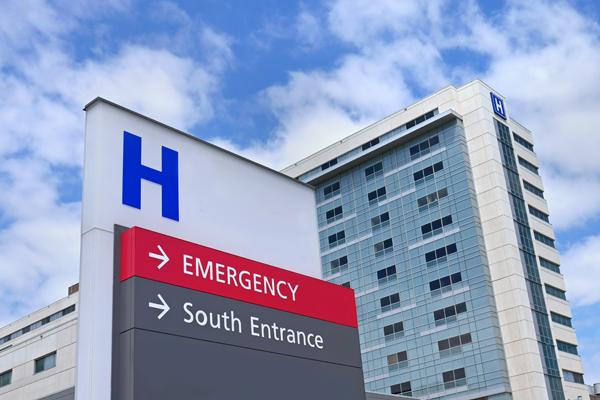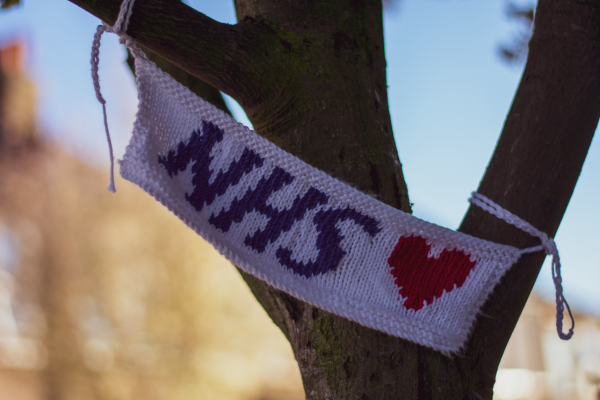How Healthcare Workers Can Cope In A Health Crisis

Health crises are challenging times for everyone, most of all health workers. An immense pressure is put on health workers as the demand for their services grow. But whilst health professionals, locum or otherwise, spend so much time caring for a rapid influx of patients, they can quickly forget to take care of themselves. For this reason, we have put together a list of ways you can take care of yourself physically, mentally and emotionally during a health crisis.
1. Make sure you get enough sleep
]Whilst this may seem obvious, it is often overlooked when it comes to taking care of yourself. For those between the ages of 18-64, it is highly recommended that you get between 7 and 9 hours of sleep per night. In fact, getting one hour less than required per night is enough to hamper your ability to think quickly and react effectively. Something which could be incredibly detrimental to your work during a health crisis.
2. Keep yourself hydrated
You might get busy during a health crisis and forget to stay hydrated or fed. Drinking less water can lead to a severe loss of energy and decreased brain functionality. Ensure you have a water supply nearby throughout your shift. Dehydration could make you feel too tired to work or cause you to make avoidable mistakes. Eat high-energy foods that are rich in protein and complex carbohydrates to help you stay fuller for longer and mentally more focused. If you take any regular medication, set a timer on your phone to make sure you remember to take them during a long shift.
3. Maintain regular communication
Whatever the situation, human contact is important. Whether this is face to face or over the phone, it is important to maintain consistent contact, especially during a health crisis. Isolating yourself is sometimes necessary if the health crisis is a contagion, but this can have a quick and negative impact on one’s mental. Luckily, establishments such as the NHS provide talking therapy and other benefits to help you and you can use social media or phone communication to stay in touch.
4. Practice self-care
When a crisis strikes, the little things are the first to go out of the window. It is incredibly important to maintain your daily rituals. This includes brushing your teeth, taking the time to have a shower and other basic things. But for those of us dealing with intense pressure, it may be beneficial to consider other methods of self-care such as meditation, exercise, or some alone time with a movie. Even though it may seem like you don’t have a minute to yourself during a health crisis, it becomes more important than ever to make time.
Find the perfect health care job with Globe
At Globe Locum we specialise in placing locum health professionals like yourself in the right job for you. If you’re considering working as a locum in the UK, but aren’t sure how to begin, use our find a job tool. We also run a refer a friend scheme where our candidates can earn £250 for one successful referral. Earn more with each subsequent referral.
Have any questions? Contact us or give us a call on +44 (0)20 7229 2620.





